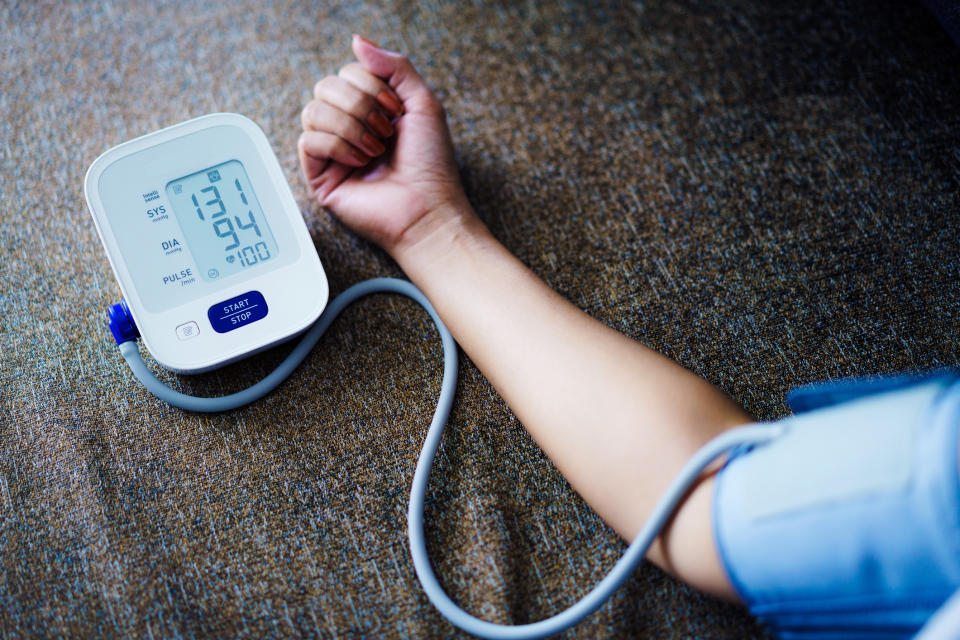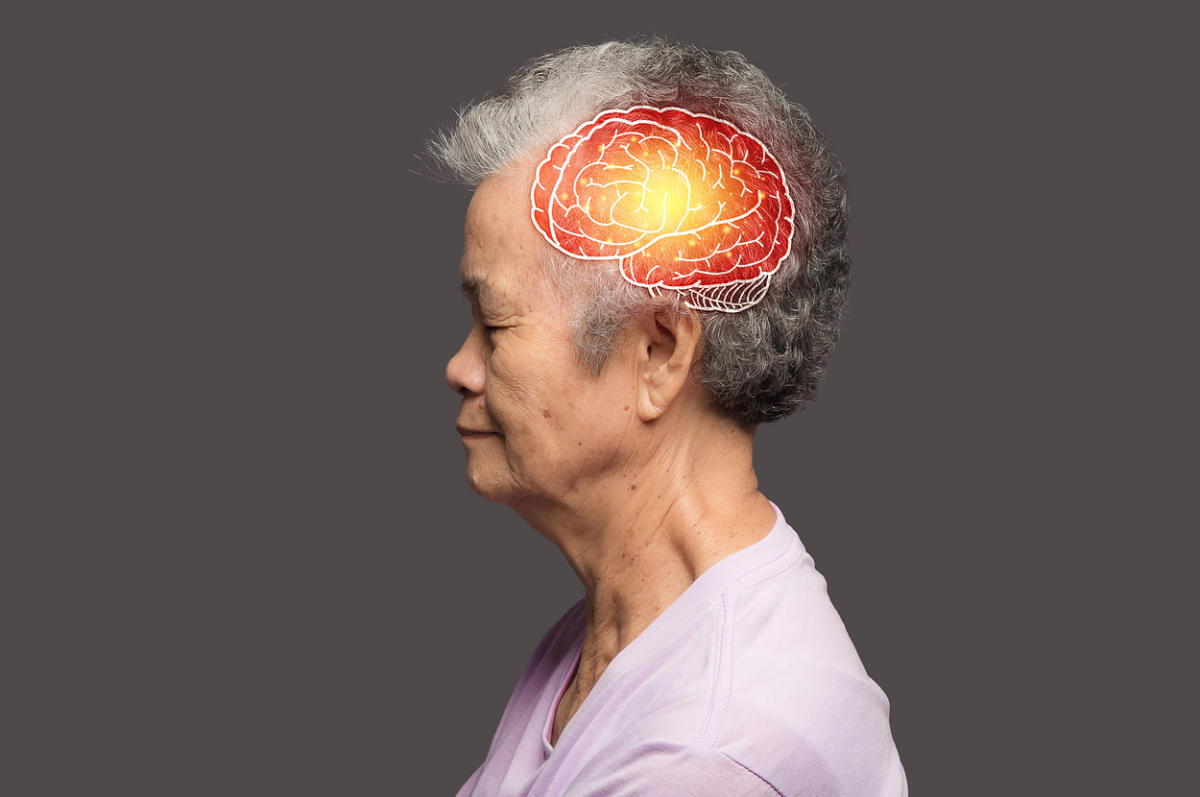More than 55 million people across the globe have dementia, which describes a cluster of symptoms ― such as memory loss, overall cognitive impairment, and psychological changes ― as well as specific conditions such as Alzheimer’s disease, according to the World Health Organization. Cases continue to grow at alarming rates, with about 10 million people developing dementia each year.
This underscores the importance of brain health, an umbrella term that emphasizes the wellness of all cognitive skills and abilities. Dr. Zaldy Tan, director of the Maxine & Bernard Platzer Lynn Family Memory & Healthy Aging Program at Cedars-Sinai, explained that “brain health is the state that allows a person to adequately perform important day-to-day functions such as purposeful movements, communication, thinking and learning.”
“As a society, we should pay attention to brain health from the start of one’s life,” Dr. Dylan Wint, director of the Cleveland Clinic Lou Ruvo Center for Brain Health, told HuffPost, adding that brain health is impacted by “choices made over a lifetime.”
It’s important to note that genetics, chronic illness and other individual risk factors can play a role in the development of dementia. However, physicians agree there are universal ways to dramatically boost your cognitive functioning. According to dementia experts, these are seven brain health rules to adopt that will keep your mind sharp as you age.
1. Regularly incorporate exercise into your weekly routine

Research has shown that regular physical activity is beneficial to one’s cognitive functioning, working to decrease stress, counteract the hormones that worsen anxiety and sharpen memory.
As Tan further explained, “physical exercise is important to ensure healthy arteries and adequate blood flow to the brain, and also reduces the risk for falls which can lead to head trauma.”
You don’t need to sign up for a 5K or hit the gym every day; it’s most important to prioritize consistency over intensity. “Find ways to build more movement into your day — walking, dancing, gardening. Whatever works for you,” said Heather M. Snyder, the Alzheimer’s Association’s vice president of medical and scientific relations.
2. Challenge your brain with new activities


The brain may not be a muscle (it’s an organ), but a good rule of thumb is to treat it like one. Experts suggest strengthening the brain through developing new skills can promote neuroplasticity, which encourages the brain to adapt, change and grow over time.
“You could try brain games, a new hobby, taking a class at a college or community center, or learning a new language or instrument,” Wint explained. “When determining whether an activity can have some cognitive benefit, what’s most important is that you are challenged and learning.”
3. Sleep, sleep, sleep


Aiming to get a good night’s rest ― around seven hours of uninterrupted, restorative sleep ― is essential to keeping cognitive functioning in tip-top shape. While snoozing, the brain is still at work flushing out toxins that are directly linked to a heightened risk of developing dementia, as well as general cognitive issues. Moreover, sleep plays an important role in memory consolidation, emotional processing and improving problem-solving abilities.
“Do all you can to minimize disruptions,” Snyder said. “If you have any sleep-related problems, such as sleep apnea, talk to a health care provider.”
Snoring, teeth grinding, excessive daytime sleepiness and frequently making bathroom trips at night are signs that may indicate you’re dealing with an underlying sleep disorder.
4. Give your mind a break


Aside from getting adequate shut-eye, scheduling intentional downtime allows your mind the much-needed space to relax, recover, and reset.
“Just like our muscles and joints need to recover after a strenuous workout, our brains need a period of rest after a stressful and busy day of work or night of socialization,” said Tan, adding that intentional downtime may look like “taking short naps during the day or even just closing your eyes and meditating.”
5. Address chronic stress and high blood pressure


Not only is addressing potential sleep issues vital to boosting your brainpower, but tackling chronic stress is crucial to cognition.
According to Tan, chronic stress can “lead to higher blood pressure, which is detrimental to brain and heart health.” In fact, studies have revealed that high blood pressure (aka hypertension) leads to memory loss, a sharper decline in planning and organizational skills, and increased risk of having a stroke.
Dietary modifications and prescribing blood pressure medications are two common ways that physicians treat hypertension.
6. Stay social


Another key brain health rule is to avoid social isolation. “As social beings, the human brain thrives on interacting with others. … When this does not happen, our memory and cognition can decline over time,” Tan said. “It is important to keep engaged and connected with others.”
This doesn’t mean you have to transform into a social butterfly if you’re an introvert, but rather find a meaningful social activity to you. Wint noted this can include spending time with loved ones, participating in sports or cultural activities, becoming involved in a spiritual community or volunteering for an organization.
7. Quit smoking (or reduce how much you smoke)


The physical health risks of smoking cigarettes are widely recognized, but the damage done to the mind can’t be overstated. There is strong evidence to suggest that smoking causes your brain to lose volume and age prematurely, directly increasing one’s risk of developing Alzheimer’s disease or another dementia condition.
Snyder explained that “quitting smoking can lower the risk of cognitive decline back to levels similar to those who have not smoked.”
While quitting smoking is certainly ideal for those concerned about their cognitive well-being, it’s important to acknowledge that not everyone can or wants to entirely cut tobacco out of their lives. In this case, try practicing tobacco harm reduction such as choosing modern smokeless tobacco products or reducing overall intake.
Similarly, alcohol is a known neurotoxin that causes both short- and long-term neurological damage, so aiming to reduce consumption is optimal for brain health.
Though you can’t entirely control the way your brain ages, adopting simple rules such as these can add up in the long run. “When should one start adopting these rules? The earlier the better, but it’s never too late to start,” Tan said.This article originally appeared on HuffPost.

